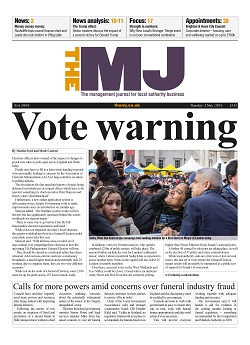New Chancellor Kwasi Kwarteng has unveiled a mini-Budget aimed at boosting the economy and growing his way out of the country’s financial woes.
At the heart of the plans, the Chancellor revealed he is already in negotiations with 38 local and combined authorities to create investment zones.
The investment zones, including plans in Tees Valley, South Yorkshire, the West Midlands, West of England and Norfolk, will see ‘targeted and time limited’ tax cuts for business. They will also see ‘liberalised’ planning rules’ to free up land for housing and commercial sites.
Mr Kwarteng promised to look at further investment zones for Scotland, Wales and Northern Ireland too.
He scrapped a raft of previous pledges, including plans for rises to National Insurance and corporation tax, and he ditched the cap on bankers bonuses.
But despite dropping the health and social care levy he vowed: ‘Additional funding for NHS and social care services will be maintained at the same level.’
In an effort to stem the cost of living crisis, he reiterated the Government plans to cap energy prices and offer an additional payment of £400 per household to ease the pressure of soaring fuel costs. And despite high rates of inflation, he claimed he would ‘make work pay by reducing benefits’.
The chancellor announced a raft of new infrastructure projects, and a new planning bill to ‘cut barriers and restrictions’ on infrastructure and housing. ‘We are getting out of the way to get Britain building,’ he said.
However, even before the new chancellor took to his feet in Parliament his plans were being panned by finance experts. The Institute for Fiscal Studies yesterday branded the chancellor’s plans a ‘gamble on growth’, claiming it would be unsustainable in the long term.
In the absence of analysis by the Office for Budget Responsibility, the IFS’s Paul Johnson claimed the so-called mini-Budget was ‘bigger than any Budget for 40 years’ but warned it would put debt on an ‘unsustainable footing’.
The new Government’s plans also look set to benefit higher income households more than low income families.
Mr Kwarteng claimed ‘we need a new approach for a new era’ as he vowed to boost the economy to pay for public services.
The chancellor said: ‘Economic growth isn’t some academic term with no connection to the real world. It means more jobs, higher pay and more money to fund public services, like schools and the NHS.
‘This will not happen overnight but the tax cuts and reforms I’ve announced today – the biggest package in generations – send a clear signal that growth is our priority.’
For more on the mini-Budget:
Government in 'early discussions' on Investment Zones
Universal Credit sanctions tightened
Chancellor drops social care levy
Chancellor to accelerate infrastructure schemes



